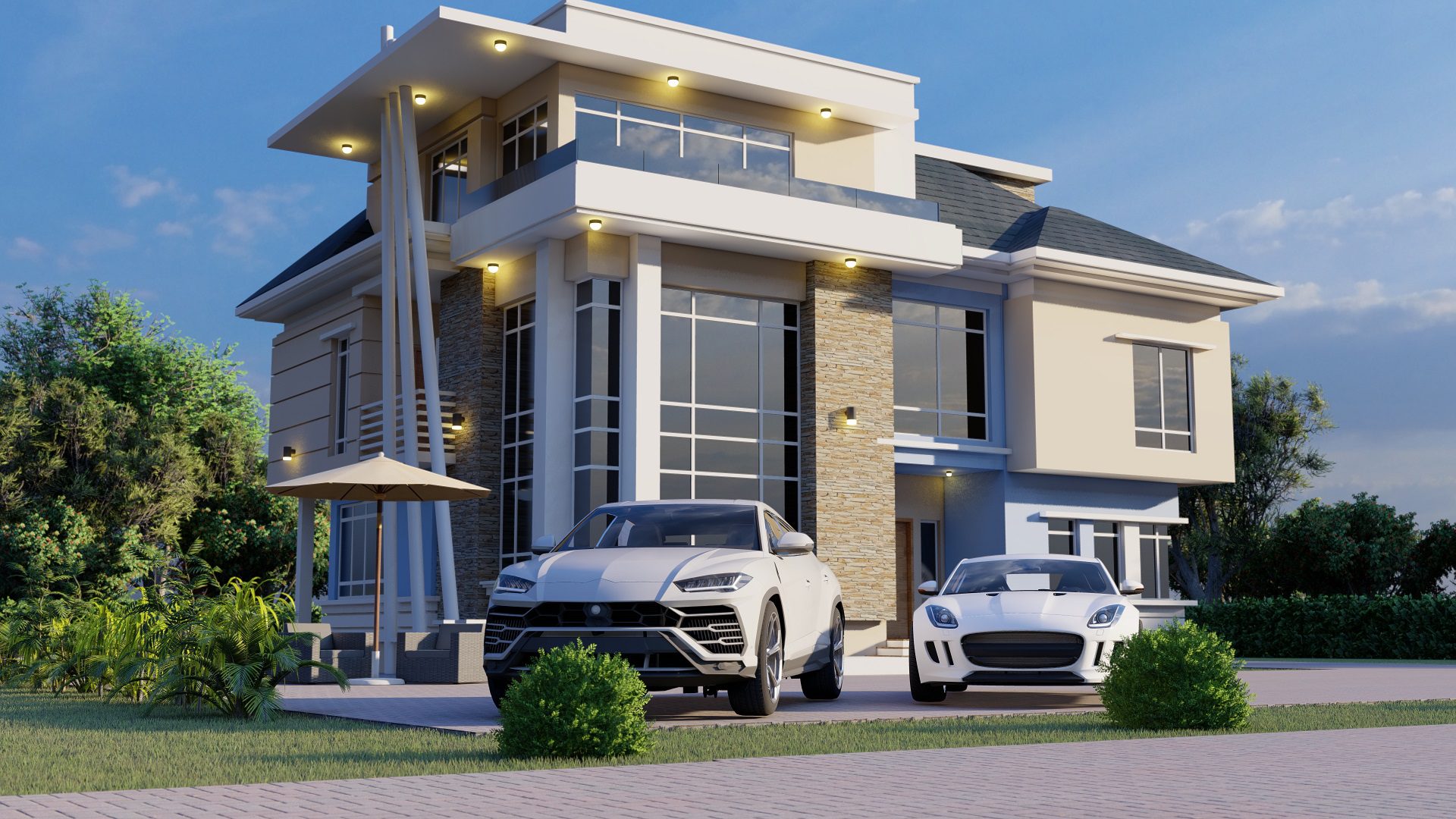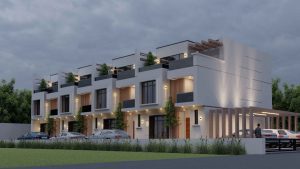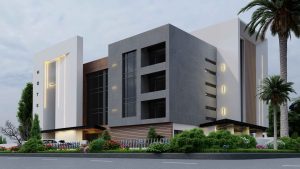Urban planning challenges in Nigerian cities, especially regarding infrastructure, are significant and multifaceted. Some key issues include:
Rapid Population Growth: Nigerian cities are experiencing rapid population growth, which places immense pressure on existing infrastructure like roads, water supply, and electricity. Urbanization often outpaces the development of infrastructure.
Inadequate Transportation: Many Nigerian cities face traffic congestion due to poorly designed road networks and a lack of efficient public transportation systems. This impacts productivity and quality of life.
Inadequate Housing: A shortage of affordable housing and the proliferation of informal settlements (slums) in many cities are major challenges. This leads to overcrowding and poor living conditions.
Inefficient Utilities: Access to reliable water supply and electricity remains a challenge for many urban residents. Infrastructure for these essential services is often outdated and inadequate.
Waste Management: Proper waste collection and disposal systems are lacking in many cities, leading to pollution and health hazards.
Flooding and Drainage Issues: Poor drainage systems and unchecked construction on floodplains contribute to frequent flooding, especially during the rainy season.
Inadequate Public Facilities: Lack of public spaces, recreational areas, and essential facilities like healthcare and education centers are common issues in Nigerian cities.
Inadequate Data and Planning: Many cities lack up-to-date and accurate data for effective urban planning. This hinders the development of comprehensive and sustainable urban strategies.
Corruption and Governance Issues: Corruption in the allocation of resources and decision-making processes can hinder the equitable distribution of infrastructure and services.
Environmental Sustainability: Nigerian cities often face challenges in balancing urban development with environmental conservation and sustainable practices.
Addressing these challenges requires a multi-pronged approach that involves government policies, investment in infrastructure, community engagement, and improved urban planning practices. It’s essential to create resilient, inclusive, and sustainable cities to accommodate the growing urban population in Nigeria.




